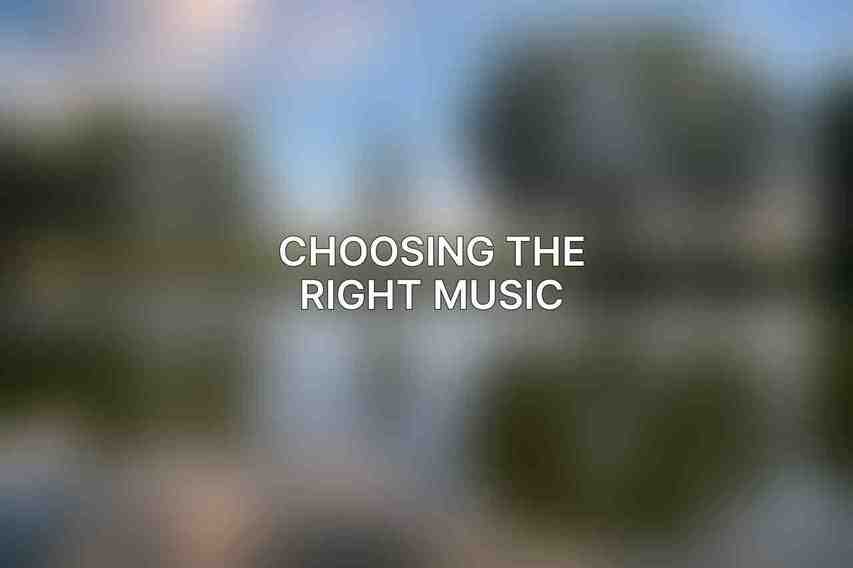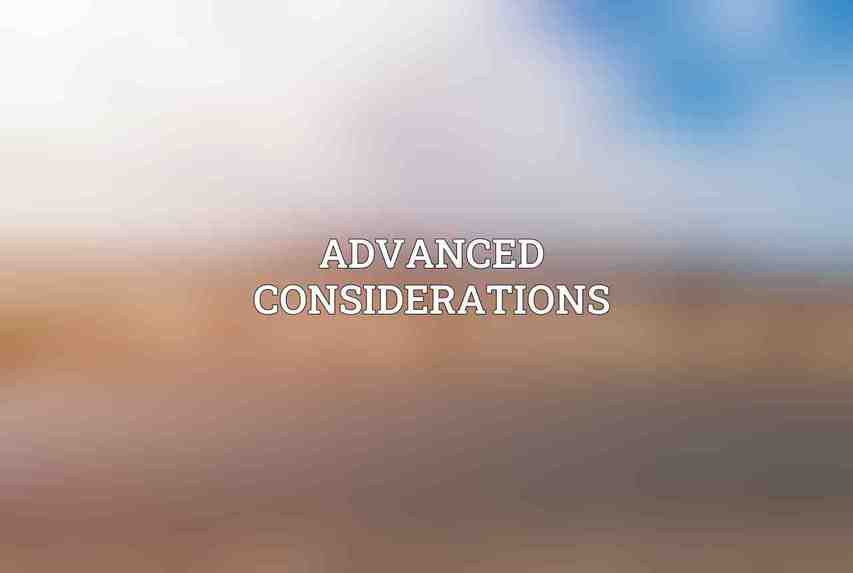royalty-free refers to a type of license that allows for the unlimited use of a piece of music without the need to pay any ongoing fees each time the music is used. This licensing model offers a cost-effective solution for individuals and businesses looking to enhance their projects with high-quality music without breaking the bank.
Benefits of Using Royalty-Free Music
The benefits of using royalty-free music are extensive, ranging from affordability and accessibility to ease of use and flexibility. Some key advantages include cost-efficiency, simplicity in licensing, a wide variety of music choices, and the ability to use the music in multiple projects without incurring additional costs.
Types of Royalty-Free Music Licensing
Perpetuity Licenses
Perpetuity licenses grant the licensee the right to use the music indefinitely. This type of license is popular among content creators who require ongoing use of a particular piece of music without time restrictions.
Term Licenses
Term licenses provide the licensee with the rights to use the music for a specific period, after which the license may need to be renewed or extended. This type of license is suitable for projects with a defined timeline or limited duration.
Cue-Specific Licenses
Cue-specific licenses allow for the use of music in a particular scene or segment of a project. This type of licensing is common in film, television, and advertising industries, where music needs to be synchronized with specific visuals.
Production Music Libraries
Production music libraries offer a vast selection of pre-cleared music tracks that are readily available for licensing. These libraries cater to a wide range of genres and provide a convenient one-stop solution for finding royalty-free music.
Direct Synchronization Licenses
Direct synchronization licenses involve the direct negotiation and licensing of music with the rights holder, bypassing traditional music libraries or marketplaces. This approach offers more flexibility in obtaining the desired music for a project.
Legal Considerations
Copyright Law and Fair Use
Navigating copyright law is crucial when using royalty-free music to ensure compliance and avoid potential legal issues. Understanding concepts like fair use and public domain can help creators make informed decisions regarding the use of music in their projects.
Synchronization Rights
Synchronization rights refer to the permission required to synchronize music with visual media, such as videos or films. Securing these rights is essential when using music in audiovisual content to avoid copyright infringement.
Performance Rights
Performance rights come into play when music is publicly performed or broadcast. Creators need to be aware of these rights and ensure that they have the necessary licenses in place, especially for projects intended for public consumption.
Attribution and Credit
Proper attribution and credit are often required when using royalty-free music, as outlined in the license agreement. Giving credit to the original artists not only acknowledges their work but also helps maintain transparency in the usage of the music.
Indemnification and Warranties
Indemnification clauses in a license agreement provide protection to both parties in the event of legal claims related to the use of the licensed music. Understanding the warranties and liabilities specified in the agreement is essential for mitigating risks.
Finding Royalty-Free Music
Music Libraries
Music libraries house a vast collection of royalty-free tracks across various genres, making it convenient for creators to browse and select music that suits their projects. Libraries like Epidemic Sound and Audio Jungle offer a wide range of options.
Online Marketplaces
Online marketplaces such as Artlist and PremiumBeat provide platforms for artists to showcase and license their music directly to users. These marketplaces offer a diverse selection of music for different project needs.
Stock Music Websites
Stock music websites like Shutterstock Music and Pond5 specialize in providing royalty-free music for commercial use. These platforms offer easy search functionalities and licensing options for both personal and professional projects.
Production Music Companies
Production music companies like APM Music and Universal Production Music offer curated libraries of high-quality music for a wide range of media projects. Working with these companies ensures access to professional-grade music tracks.
Direct Licensing from Artists
Directly licensing music from artists can be a more personalized approach to obtaining royalty-free music. Platforms like SoundCloud and Bandcamp enable creators to connect with independent artists and negotiate licensing terms directly.
Choosing the Right Music

Determine the Intended Use
Before selecting a piece of music, it is crucial to determine the intended use of the music in the project. Whether it’s for a commercial, narrative, or educational purpose, understanding the context will help in selecting the most suitable track.
Consider the Genre and Mood
The genre and mood of the music play a significant role in setting the tone of the project. Whether you need an upbeat track for a promotional video or a calming melody for a documentary, choosing music that aligns with the project’s theme is essential.
Evaluate the Quality and Originality
Quality and originality are key factors to consider when choosing royalty-free music. Opting for professionally produced tracks that stand out creatively can enhance the overall impact of the project.
Check the License Terms and Conditions
Carefully reviewing the license terms and conditions is paramount to ensure compliance with the usage rights granted. Understanding restrictions on usage, attribution requirements, and any exclusivity clauses is essential before finalizing the selection.
Obtaining a License
Understand the License Agreement
Thoroughly understanding the license agreement is essential before proceeding with the licensing process. Paying attention to details such as permitted uses, restrictions, and any additional terms will help avoid misunderstandings later on. See our take on Curated Background Music Playlists for Every Occasion
Complete the Licensing Process
The licensing process typically involves selecting the desired music, agreeing to the terms, and making the necessary payment. Following the steps outlined by the licensing platform or provider ensures a smooth and legally compliant transaction.
Payment and Invoicing
Payment for the music license may vary based on the licensing model and usage requirements. Some platforms offer one-time payments, subscription-based plans, or custom pricing options to suit different budget constraints.
Delivery of Music and License Certificate
Upon completing the licensing process, the delivery of the music files and official license certificate should be promptly provided by the licensor. Keeping these documents for record-keeping purposes is important for demonstrating compliance in the future.
Record Keeping and Documentation
Maintaining accurate records of all music licenses obtained is crucial for tracking usage rights and ensuring legal compliance. Organizing and storing license agreements and related documents in a secure manner simplifies future audits or verification processes.
Using Royalty-Free Music
Proper Attribution and Credit
Providing proper attribution and credit to the original artists is not only a legal requirement in many cases but also a way to acknowledge and appreciate their creative work. Following the attribution guidelines specified in the license agreement demonstrates respect for the artists’ rights.
Adhering to License Restrictions
Adhering to the license restrictions outlined in the agreement is essential for using royalty-free music responsibly. Whether it’s limitations on usage, distribution, or modification, respecting these restrictions preserves the integrity of the licensing arrangement.
Avoiding Copyright Infringement
Avoiding copyright infringement should be a top priority when using royalty-free music. By adhering to the terms of the license and ensuring that the music is used within the scope of the granted rights, creators can minimize the risk of legal issues.
Consequences of Misuse
Failure to comply with the terms of a license agreement can lead to legal consequences, including copyright infringement claims and financial penalties. Understanding the implications of misuse and taking proactive measures to rectify any violations are crucial for safeguarding against legal disputes.
Advanced Considerations

Enhanced Licenses for Special Uses
For projects with special requirements or extended reach, opting for enhanced licenses may be necessary. These licenses offer additional rights or extended usage options beyond standard royalty-free terms, catering to specific project needs.
Music Licensing for International Projects
Navigating music licensing for international projects introduces additional considerations, such as regional copyright laws and performance rights. Working with experienced legal counsel or specialized music licensing agencies can facilitate compliant licensing across borders.
Negotiation and Contract Drafting
In cases where direct negotiation with rights holders is involved, mastering the art of negotiation and proficiently drafting contracts is essential. Clear communication and attention to detail in contract terms can lead to favorable licensing agreements.
Emerging Trends in Royalty-Free Music Licensing
Staying abreast of emerging trends in royalty-free music licensing, such as AI-generated music and blockchain-based licensing platforms, can provide insights into the evolving world of music distribution and usage rights. Embracing new technologies and models may offer innovative solutions for music licensing.
Benefits and Limitations of Using Royalty-Free Music
the benefits of using royalty-free music, including affordability, convenience, and a diverse selection of tracks, make it a compelling choice for creators across various industries. However, acknowledging the limitations, such as potential usage restrictions and competition, is crucial for informed decision-making.
Tips for Successful Music Licensing
To ensure successful music licensing, creators should prioritize understanding license terms, selecting music that aligns with their projects, and maintaining proper documentation of licenses obtained. Following best practices and seeking professional guidance when needed can streamline the licensing process.
Best Practices for Legal Compliance
Adhering to best practices for legal compliance, such as respecting license terms, providing proper attribution, and staying informed about copyright regulations, is essential in the realm of royalty-free music licensing. Upholding ethical standards and legal requirements ensures a sustainable and respectful approach to music usage.
By following this comprehensive guide to royalty-free music licensing for background, creators can navigate the intricacies of music licensing with confidence and ensure the seamless integration of captivating music into their projects.
Frequently Asked Questions
What is royalty-free music licensing?
Royalty-free music licensing allows you to pay for the music license only once and use the music as many times as you want without needing to pay any additional royalties.
Why should I use royalty-free music for background?
Royalty-free music is a cost-effective option for background music as you only need to pay for the license once. It also saves you from the hassle of dealing with copyright issues.
Can I use royalty-free music for commercial purposes?
Yes, you can use royalty-free music for commercial purposes as long as you have the appropriate license for the intended use.
How do I get a royalty-free music license?
You can obtain a royalty-free music license by purchasing it from a music licensing platform or website that offers royalty-free music.
Are there any limitations to using royalty-free music?
While royalty-free music allows for versatile use, there may be restrictions on how you can use the music based on the specific terms and conditions of the license. Make sure to review these carefully before using the music.

